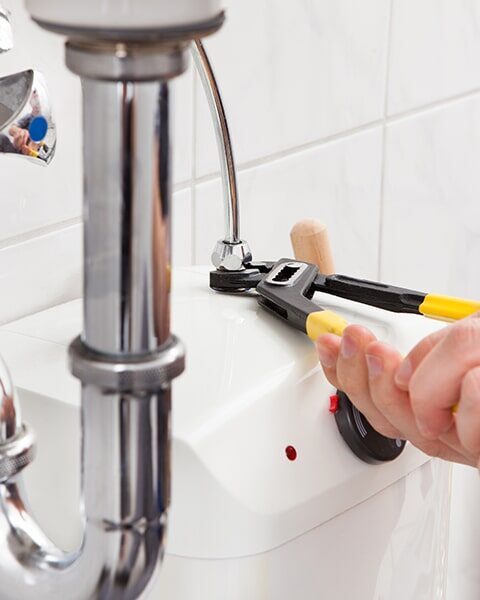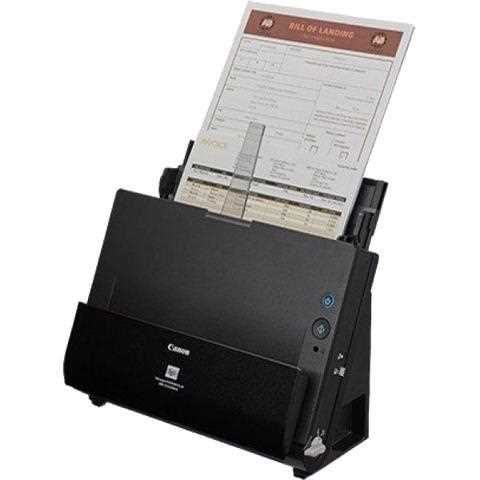People kept track of their expenses and income long before computers arrived. Someone was tired of living “from paycheck to paycheck”, while others wanted to collect a certain amount of money.
The motivation was different, but the essence of the same thing – reducing their expenses (spending money more intelligently and consciously), people gradually got out of debt, bought things they could not afford before, started their own business.
Leave it to the miserable…
Often, without understanding the importance and meaning of accounting for personal finances, people come up with various excuses (“I’m not a cheapskate”, “I won’t shake every penny” and so on). In fact, there is nothing in common between a cheapskate and a person who deliberately spends his money.
The point of home accounting is not to limit yourself to all pleasures, or to turn your life into a continuous economy. By doing home accounting, you bring clarity to your financial life. Let’s take a closer look at how this works in a very simple way, writing down all your expenses in a notebook.
The principle of “notebooks of expenses”
If you have never counted your expenses for at least one month before and think you know roughly where and how much money you spend, you are mistaken. This will be confirmed by anyone who has tried to take into account their finances. Sincerely surprised – that’s what such a person feels at the end of the month, summing up their spending.
Taking into account our expenses during the month, we have a basis, or base, from which to start working. And then the principle of action is very simple. We see how much money was spent on food, how much – on travel, how much money is spent on entertainment, etc.
Now we can soberly evaluate and decide for ourselves whether we consider these amounts acceptable (adequate). Obviously, some amounts will surprise us and we will decide to spend a little less. As a result, knowing exactly where and how much money goes, we can make a plan of spending for the next month and try not to go beyond the plan.
Also, be sure to read the article on how to consider your expenses. Should you write down every penny you spend, or keep a generalized record of how much detail you have in your records (whether you just need to write down the cost of food, or separately write down the cost of milk, bread, vegetables, fruits, and if it’s fruit, which ones).
Let’s sum it up a little. With data on actual expenditures, we can make a real plan of action for the next month. Very often a person spends money on something, not even realizing how much it “beats at home”. The most important part of accounting is to be aware of your real financial picture. This is the only moment that can have a strong impact on further spending.
What’s the lack of a notebook?

Actually, there are a lot of drawbacks. Let’s consider some of them:
- Colossal amount of time. Each time you write down where and how much money was spent will be very tiring. You won’t be able to copy and paste anything. Each entry has to be made manually. The computer can save a lot of time and effort.
- Even after you have recorded all your expenses for a certain period of time, you will have to summarize them manually (how much money and what you spent during the accounting period). And this procedure will take even longer. On the computer, just one click is enough and the program will display a lot of useful information, made on the basis of the entered expenses and income.
- The notebook will not be able to help you in any way in the process. Yes, it contains information about expenses, and you will be able to calculate expenses at the end of the month. But the program will be able to do much more. For example, if you decide to make some spontaneous purchase (unplanned), the program will immediately show you how this purchase will affect your financial condition, what will be the consequences of any expenses, taking into account your income, past expenditures, plan for the future, the balance of money for today. Analyzing a lot of parameters manually each time you need such information is almost an unrealistic task (you will definitely give up the idea of accounting for finances due to high time costs and low efficiency).
- Even if you create a spending plan for the next month in your notebook, you’ll still have to monitor it (you’ll need to adjust the amounts in the plan after each spending, calculate the fact, and calculate the difference between the plan and the fact to see how much more money you can spend without harming your family’s budget).
It’s not that simple…
Accounting for personal finances is far more than just recording expenses and making a plan. After all, there are still loans, deposits, debts, plastic cards, Internet money, there are assets that can bring money, and there are payments for various services that tend to appear at the most inopportune moment.
That is why such programs are becoming increasingly popular. Living from paycheck to paycheck, or from one payment to another, is no reason to be proud. Managing your personal finances gives you a sense of control over the situation. And this feeling has a solid basis.
Using the program, you will know clearly what your current financial situation is, whether there are debts, what your real personal capital is. Is it possible to take another loan, or is it better to do without some things, because this loan will lead to serious consequences. All these questions will be answered with a click of the mouse.
Not all programs are equally useful
However, the choice of the programme should be taken seriously. After all, the majority of programs for the account of personal finances practically do not differ in any way from the notebook and pen, as they have approximately the same “functionality”. Yes, it is possible to write down the expense faster. Yes, you can also get the total sums of money spent quickly and easily. But, as mentioned above, with this approach you lose too much.
Therefore, you should pay attention to the functionality offered by such programs. Is it possible to take into account in such a program all the debts and credits, whether it works with deposits, whether the program allows you to draw up a plan of expenditure and, most importantly, whether the program does not help to go beyond this plan, whether there are any forecasting tools built into the program, in what form the program presents the information.
After all, even the best idea can be spoiled by poor implementation, and if you have to get an accounting education to work with the program, think twice before using this product.







